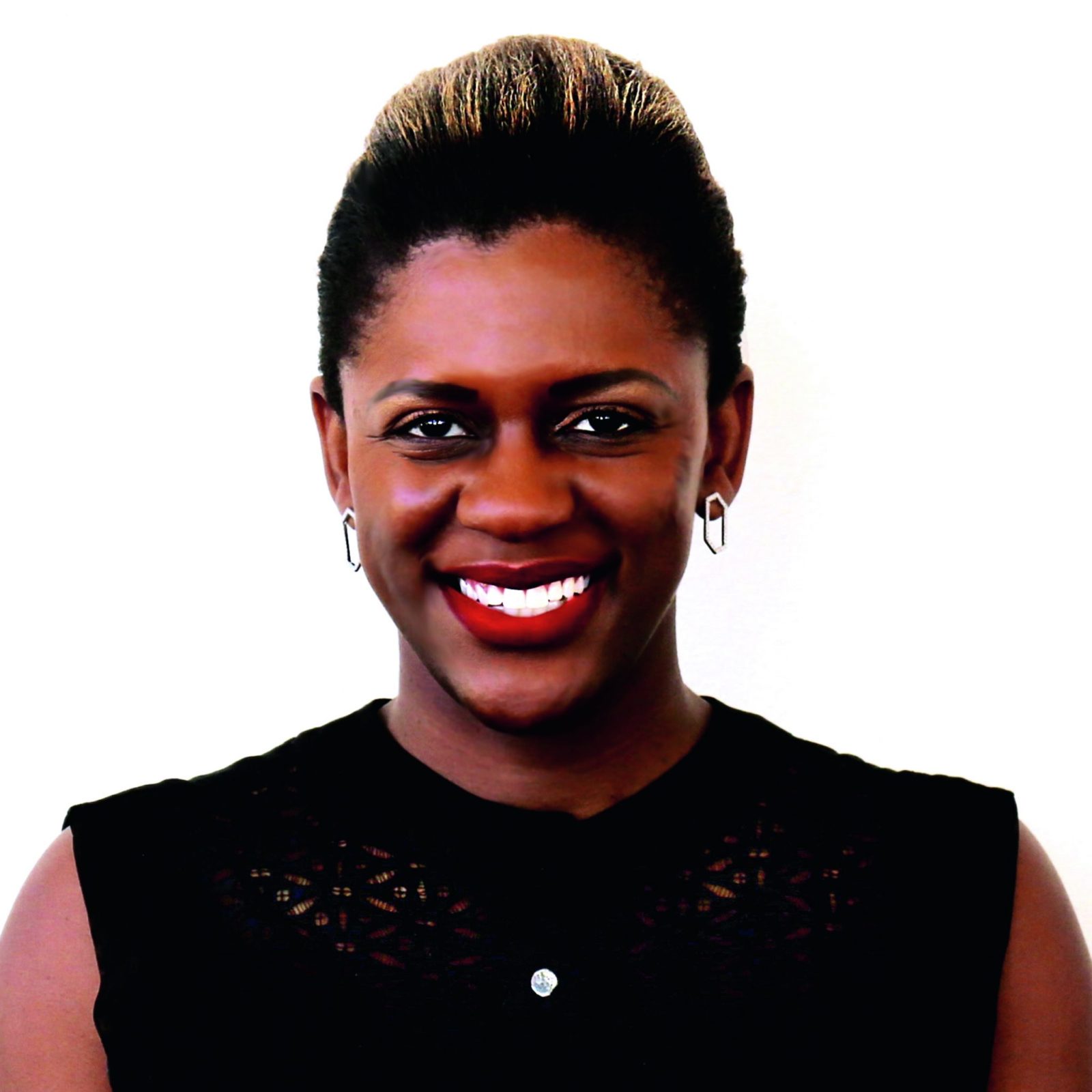They call themselves Geeks on a Plane and they landed in Africa with hope and money in the middle of uncertainty. Many of these investors and entrepreneurs are based in Silicon Valley, one of the biggest US business hubs, known for its start-up ecosystem, high-tech innovations and scientific developments. They have been touring Africa looking for investments.
“Successes are infrequent, maybe 20 to 30 percent of our investments will probably return some capital but the majority of the significant outcomes will be less than 10 percent of our portfolio and the really big outcomes will be under one and two percent,” says Dave McClure, the founding partner of 500 Startups, the venture capital and seed fund accelerator that organized Geeks on a Plane.
The company was launched seven years ago. It has created business opportunities for about 18,000 companies, making around 500 investments a year, says McClure.
“This is our eighteenth trip around the world. We usually take between 20 and 40 people to the different markets in the world and try to expose them to what is happening. We learn about the local market, we meet entrepreneurs and investors, and we tell them what is happening back in Silicon Valley. It’s a great way to get to new markets and meet new people.”
It has been four years since the first investment in Africa. Since then there have been at least 10 investments in sub-Saharan Africa, in payment infrastructure, mobile technology and services. The investment, per company, ranges from $25,000 to $100,000. McClure says some of their investments have failed, but they encourage companies to work hard to break even, as soon as possible, to attract other investors.

Dave McClure
“To create the right risk appetite [is all] about hope and trust. When you think about trust, it’s when you sort of build a network of investors together… We have investors coming in and spending three weeks with us and we showcase some of our start-ups and what we have seen is that those people that are meeting for the first time are creative, so of a similar interest. One of the companies didn’t raise the money before, but with the class they raised $500,000,” says Bedy Yang, the Managing Partner at 500 Startups.
“You often see that intersection with a local founder and a local investor, it is not only among people on the same trip and same small circle, but the idea we open those circles. The reason we come to Geeks on the Plane is we want to map up those circles and narrow the trust quickly and say ‘I want to do something people believe in and write the cheques’.”
Monique Woodard, one of the first black female venture capital partners in the United States, says the best women in business are African women. Despite this, they are often rejected by banks and investors.
“I would say they need to start [considering women entrepreneurs] because I am coming to take those deals… The position of women in business in Africa is quite good when you look at large corporations or family run businesses. When you look at start-ups, we are still at the very beginning of seeing women entering,” she says.
Woodard says in a developing market they first look at telecoms, transportation, broadband, financial services, e-commerce and media.
“The sub-Saharan ecosystem is still emerging and developing market. There’s a playbook of how the developing markets of sub-Saharan Africa can grow and we have done it in other areas as well. I expected it to be different but not impossible,” says Woodard.
Woodard acknowledges fewer girls are taking science and mathematics at school but says she’s hopeful that will change. They have partnered with companies, like Andela in Kenya, to train and place women in the software development industry.
“That’s not something unique to Africa, that’s very much across the board. So, there are things we should be doing, figuring out how to encourage girls to continue with computers science degrees and then continue to be in the tech industry and start their own companies. When it comes to education, we play are role in investing in companies that provide education outside the public school system,” she says.
The company has helped many in Africa, including Hanan Abdel Meguid, an Egyptian businesswoman. In the early 1990s, Meguid, then a student at the American University in Cairo, took a leap of faith when she enrolled for a computer science degree despite not being familiar with computers. She discovered the field was male-dominated, but she stayed in the course.
“I started my first company with friends, right after university, because our dreams and our capabilities were much bigger than the opportunities in the market. A similar experience is happening for Arab youth this day. IT has become a catalyst for change,” says Meguid, who’s now based in Silicon Valley and mentoring in advisory and seed investment programs.
500 Startups has an appetite for risk – amid the turmoil of the week they landed in South Africa, it was just as well.
